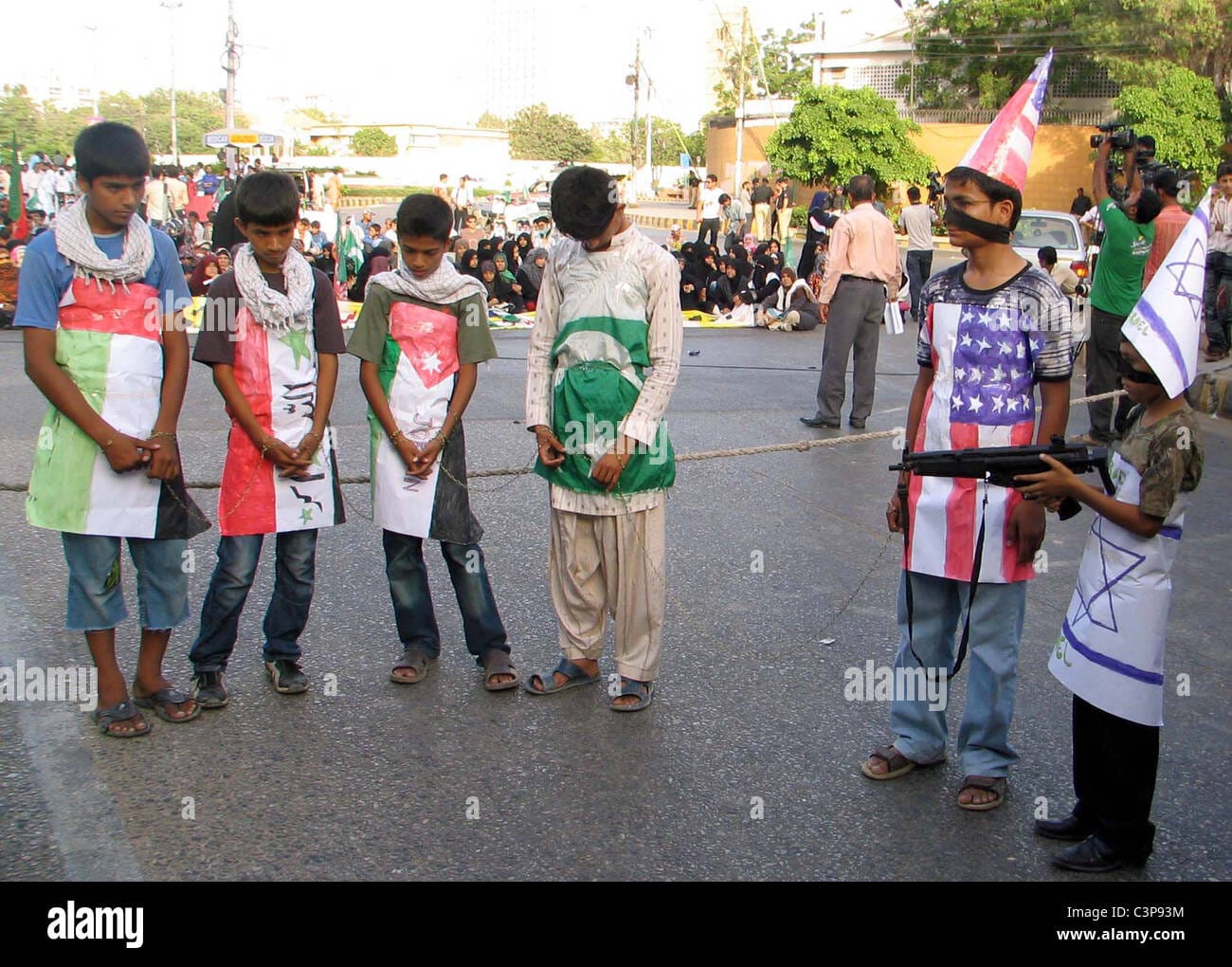The Imamia Students Organization (ISO) has emerged as a prominent voice for Shia students in Pakistan since its inception in 1972. This organization strives to empower Shia students, advocating for their rights and providing resources to foster academic success and a sense of community. Let’s delve into ISO’s history, structure, activities, and the complexities surrounding its role in Pakistani society.
Empowering Shia Students: ISO’s Mission and Impact
The ISO, founded in 1972 at the University of Engineering and Technology in Lahore, has grown into a substantial network, claiming presence in over 3,000 schools and colleges across Pakistan. This extensive reach suggests a significant influence within the Shia student community. The organization aims to provide a supportive environment where Shia students can pursue their education, practice their faith, and contribute to society.
Through its partnership with BOLD Pakistan, ISO addresses critical issues such as literacy and access to higher education. These initiatives probably contribute to improving educational opportunities for underserved populations. ISO is also actively involved in community development projects, providing aid to those in need, which further suggests a commitment to social welfare.
ISO’s leadership structure comprises a diverse team with a range of expertise. This diversified approach likely allows the organization to efficiently manage its various programs and address a wide spectrum of student needs. The organizational structure is designed for efficient task distribution, suggesting a focus on maximizing impact.
The ISO’s presence may have fostered a stronger sense of belonging and identity among Shia students in Pakistan. By creating a supportive community, the organization likely contributes to the overall well-being of its members. However, the long-term social and psychological impact of such organizations requires further study.
Navigating Challenges: Criticisms and Controversies
Like many large organizations, ISO has faced scrutiny. Some observers have raised questions about potential connections to Iranian groups and the organization’s involvement in politics. These concerns suggest the need for transparency and further investigation into the nature of these relationships. ISO maintains its independence and commitment to neutrality in political matters. This statement suggests a dedication to focusing on student welfare.
Looking Ahead: ISO’s Future Role
ISO is poised to play a potentially influential role in shaping the future of Shia students in Pakistan. Its ongoing dedication to education, advocacy, and community support suggests a commitment to positive change. The future trajectory of the organization and its evolving impact on Pakistani society will be an interesting area to observe.
Who Leads the Pack? Analyzing Pakistan’s Largest Student Organizations
Identifying the single largest student organization in Pakistan is complex. Two prominent contenders, the Islami Jamiat-e-Talaba (IJT) and the Imamia Students Organization (ISO), often claim this title. Evaluating these claims requires a closer examination of their respective reach, membership, and influence.
The IJT emphasizes its long history and widespread presence across educational institutions, suggesting a broad reach. The ISO, on the other hand, highlights its significant representation among Shia Muslim students, indicating a strong presence within a specific community. Verifying these claims is challenging due to the lack of reliable, publicly available membership data. Further research, such as university-led surveys or independent studies, could provide more concrete evidence.
Beyond size, understanding the core focus of each organization is crucial. The IJT’s affiliation with the Jamat-e-Islami political party suggests a particular ideological leaning. The ISO, as discussed, primarily focuses on the concerns of Shia Muslim students. These differing focuses suggest distinct approaches to student activism and engagement with broader societal issues.
What is ISO PAK? A Deep Dive into the Imamia Students Organization
ISO PAK, the Imamia Students Organization of Pakistan, serves as a platform for Shia students across the country. Founded in 1972 at the University of Engineering and Technology in Lahore, ISO PAK began with a vision to integrate Islamic principles into education, foster unity among Muslim students, and provide support for underprivileged students.
The organization has expanded significantly, claiming over 2,500 units from primary schools to universities. This vast network suggests a considerable influence on the educational landscape for Shia students. ISO PAK operates on a democratic foundation, implying student involvement in decision-making processes. It is primarily funded by student contributions, suggesting a grassroots approach.
ISO PAK’s activities encompass advocating for Shia student rights, providing a space for religious and cultural connection, and offering support to students facing academic or financial challenges. The presence of a student organization specifically for Shia students may raise questions about inclusivity and potential division. However, it can also be argued that such organizations provide essential representation and support for minority groups within a diverse society.
Key Features of ISO PAK:
| Feature | Description |
|---|---|
| Name | Imamia Students Organization (ISO PAK) |
| Founding Year | 1972 |
| Location | Pakistan (Over 2,500 units nationwide) |
| Membership | Shia Students (from primary school to university level) |
| Funding | Primarily student contributions |
| Focus Areas | Islamic education, student unity, advocacy, support for underprivileged students |
| Organizational Structure | Democratic |
A Vibrant Community: Exploring Student Organizations at UT Dallas
UT Dallas fosters a thriving student life with over 400 registered student organizations. This diverse array likely offers something for everyone, from academic societies and cultural groups to recreational clubs and special interest organizations. The Student Organization Center (SOC) supports student involvement by offering resources and guidance for joining and creating organizations. Students seeking a haptically rich user experience might find a related club.
Participating in student organizations provides numerous benefits. It allows for the development of valuable skills like teamwork, leadership, and communication. Furthermore, it provides opportunities for networking, community engagement, and personal growth. Research suggests a positive correlation between student involvement and academic success, although further study is needed to fully understand this relationship. If you are seeking information about Gus Kilaris, please follow this link.
If a student can’t find an existing organization that fits their interests, UTD empowers them to create their own. The SOC provides resources and support for students who wish to establish new organizations. This initiative likely contributes to the dynamic and ever-evolving landscape of student life at UTD.
- China II Review: Delicious Food & Speedy Service - April 17, 2025
- Understand Virginia’s Flag: History & Debate - April 17, 2025
- Explore Long Island’s Map: Unique Regions & Insights - April 17, 2025

















1 thought on “The Imamia Students Organization: A Legacy of Empowerment and Advocacy for Shia Students in Pakistan”
Comments are closed.